A paralyzed man has been able to restore feeling in his fingers thanks to a computer chip in his brain, which can be stimulated from outside. Similar research has been done on animals but has now been successful in also humans.
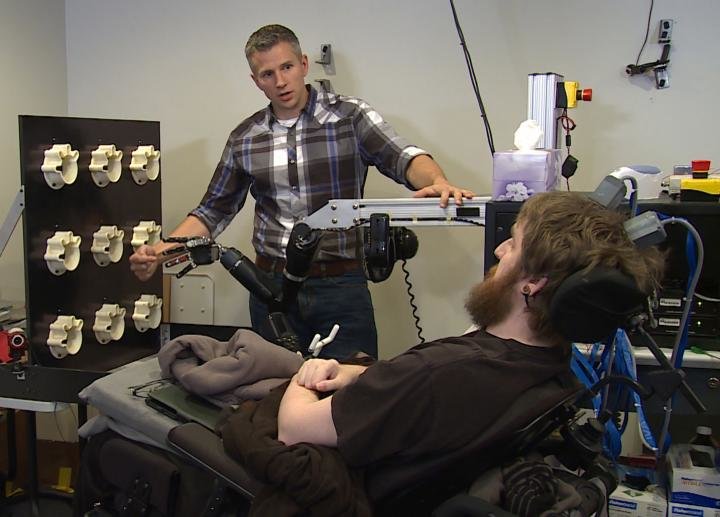
Credit: UPMC/Pitt Health Sciences Media Relations OR UPMC/Pitt Health Sciences
The researchers implanted a number of electrodes in the brain for this spinal cord injured and paralyzed patient, in the area known to be responsible for a feeling of touch in the hands.
They then stimulated the electrodes, one by one, with electricity while the patient got to tell you where he experiences the feeling of touch. In this way, it has been possible to make a kind of map of the exact electrode that controls the feeling in each finger.
The researchers then attached electrodes to the fingers of a robot arm. So when the robot arm touched something, such as another hand, the patient experienced it as if it were his own hand, and not the robot, that touched things.
This research may ultimately lead to advanced prostheses that give patients a natural experience of sensation. But there are certainly many technical challenges to overcome before this becomes a clinical reality.
Reference:
Intracortical microstimulation of human somatosensory cortex. Sharlene N. Flesher et al, 2016, Science Translational Medicine.



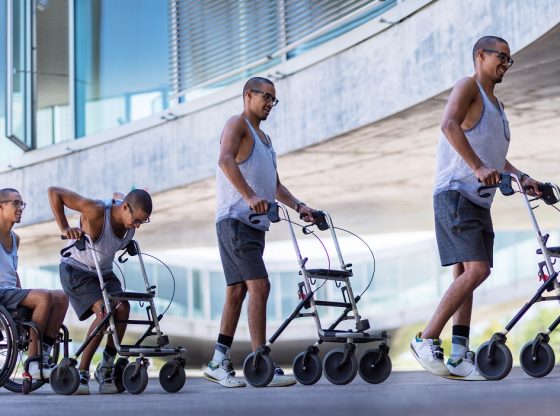


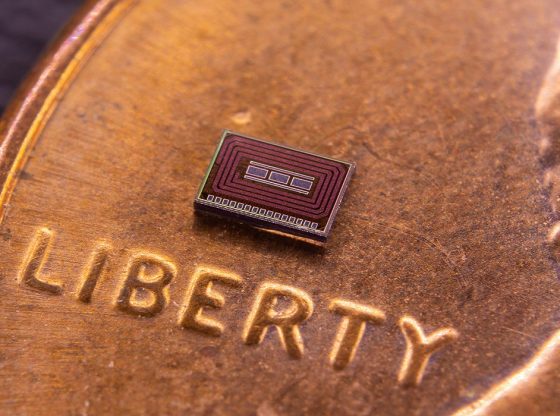
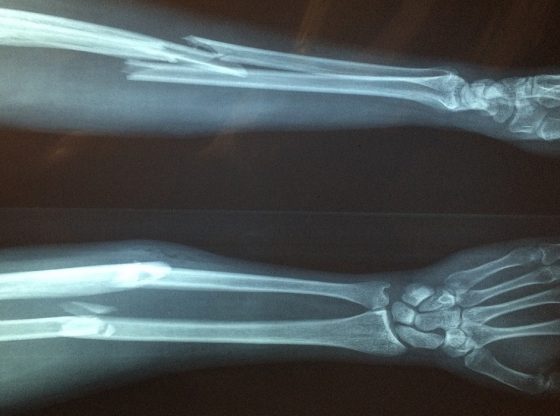
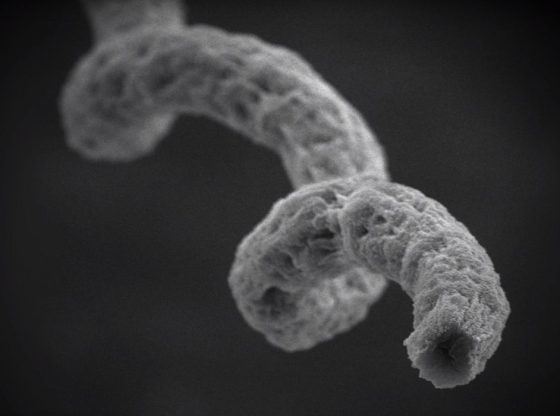

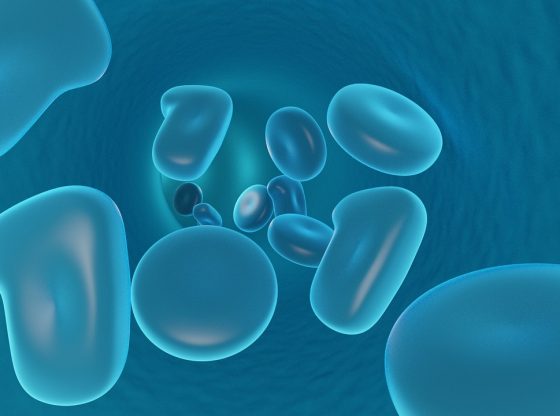
![OpenAI. (2025). ChatGPT [Large language model]. https://chatgpt.com](https://www.illustratedcuriosity.com/files/media/55136/b1b0b614-5b72-486c-901d-ff244549d67a-350x260.webp)
![OpenAI. (2025). ChatGPT [Large language model]. https://chatgpt.com](https://www.illustratedcuriosity.com/files/media/55124/79bc18fa-f616-4951-856f-cc724ad5d497-350x260.webp)
![OpenAI. (2025). ChatGPT [Large language model]. https://chatgpt.com](https://www.illustratedcuriosity.com/files/media/55099/2638a982-b4de-4913-8a1c-1479df352bf3-350x260.webp)








